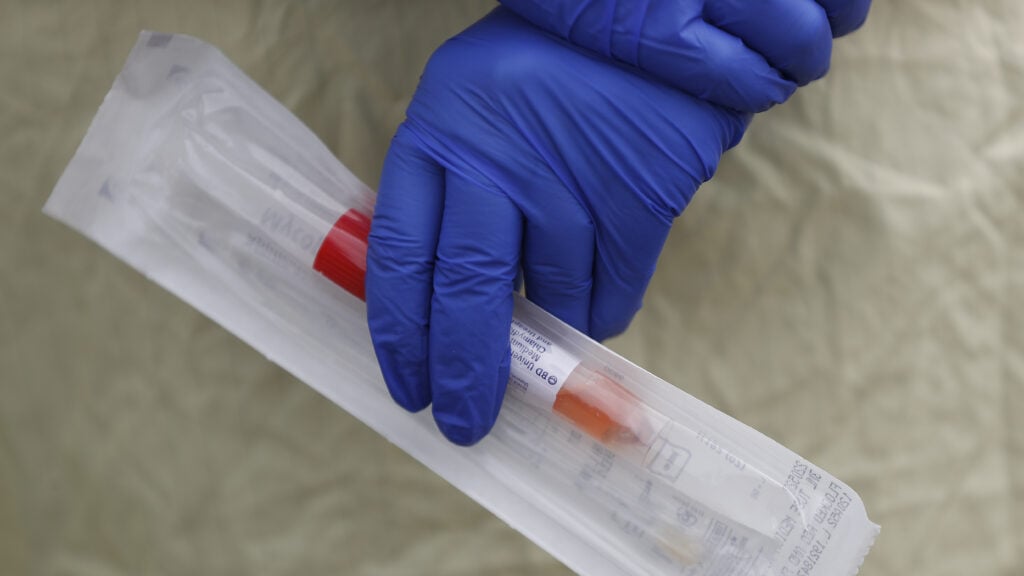Is it just me that doesn't understand the current testing "guidelines" from all of our amazing health departments and ID groups? I mean, I kind of get the whole travel as a risk factor thing if this was a month ago, but we all know this is all over the community now. It seems to me that what makes the most sense is to be testing: 1) The sickest people 2) Healthcare workers with symptoms 3) People with symptoms exposed to known positive cases. But at my shop for the most part it's still "Hurrr, durrr, have they traveled to China or Europe in the last 14 days? No? Then no test, hurrpedy durrpedy".
It's become laughable. The real incidence and prevalence has got to be so different than anything we're being told. Which raises another question, why isn't anyone trying to figure this out? Maybe I'm oversimplifying this, but it seems like it wouldn't be that hard to find 500 or 1000 volunteers in a community to consent to giving samples, and to test them all for active virus and for antibodies. Wham, now you've got at least some numbers on incidence and prevalence. The recent New York Times piece on the doc in Seattle who retrospectively found community-acquired Covid from flu swabs she had taken weeks to months ago highlights the fact that it's clearly out there, and has probably been out there for quite some time.




